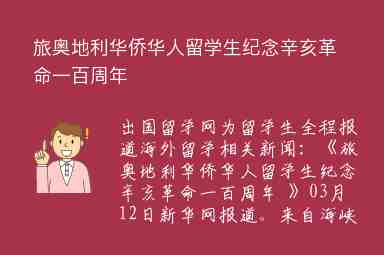一:anti什么意思?用法、例句的意思
anti是一个前缀,来自希腊语的词根"anti-",意为"反对、、反对者"。在英语中,它通常用来表示反对某种事物或观点,或者表示与某种事物相反的意思。
二:怎么读(音标)
[ˈænti]
三:用法
1. 作为前缀,加在名词前面,表示"反对、相反"的意思。:antibacterial(抗菌的)、antidepressant(抗抑郁药)、antifreeze(防冻剂)等。
2. 作为形容词,表示"反对的、敌对的"。:anti-government(的)、anti-war(反战的)等。
3. 作为名词,指代一个人或组织,表示他们持有某种观点或立场。:an anti-vaxxer(反疫苗者)、the anti-globalization movement(反全球化运动)等。
四:例句1-5句且中英对照
1. Many people are anti-smoking and support the government's efforts to ban smoking in public places. (许多人都是反烟民,支持在公共场所吸烟。)
2. The company has launched an anti-corruption campaign to clean up its image. (该公司发起了一场败运动,以改善其形象。)
3. She is known for her anti-feminist views and has been criticized by many women's rights activists. (她以反女权主义的观点而闻名,受到许多女权主义者的批评。)
4. The anti-vaccine movement has gained traction in recent years, despite scientific evidence proving the safety and effectiveness of vaccines. (近年来,尽管科学证据证明疫苗的安全性和有效性,但反疫苗运动仍在不断发展。)
5. The country's anti-terrorism measures have been strengthened after a series of attacks in major cities. (在一系列重大城市遭受袭击后,该国的措施得到了加强。)
五:同义词及用法
1. Counter-(前缀):与anti-含义相似,表示"相反、对立"的意思。:counterargument(反驳)、counterproductive(适得其反的)等。
2. Oppose(动词):表示"反对、"。:oppose the war(反对战争)、oppose the government's policies()等。
3. Against(介词):表示"对抗、违背"。:fight against injustice(与不公平作斗争)、go against one's principles(违背某人的原则)等。
六:编辑总结
anti是一个常用的前缀,它可以表示反对、、反对者的意思。在英语中,它通常用来表示反对某种事物或观点,或者表示与某种事物相反的意思。除了作为前缀,anti也可以作为形容词和名词使用。为了避免歧义,我们需要根据具体语境来确定anti的含义。同时,我们也可以使用一些同义词来表达相同的意思,如counter-、oppose和against等。


